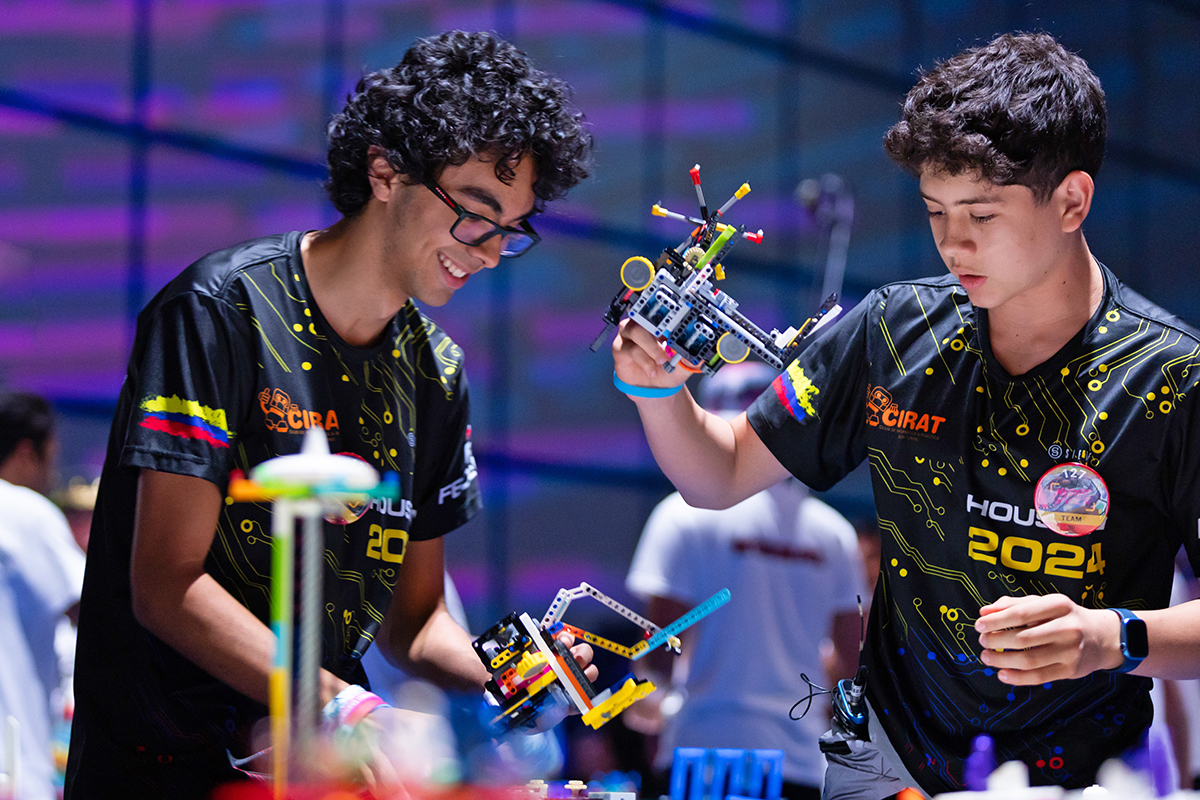How To: Raise Resilient Kids
Kids aren't made of Silly Putty, so implanting some resilience in their psychological makeup is an important step in their development, says Dr. John Duby, director of developmental-behavioral pediatrics at Akron Children's Hospital. Here are four keys to raising strong kids who grow into independent adults.
Belonging: Children must feel a sense of security at home and in family relationships. "As they get older, they need to have a clear sense of belonging to something that's important outside of their family, whether that be a club or a church group or a hobby," Duby says.
Mastery: It's important to enjoy success throughout the years of growth and development. Identify your child's strengths, and provide opportunities to master those areas. Praise your child's hard work in his or her accomplishments, Duby advises. "Hard work means you're putting forth an effort, and that helps you stay self-motivated in order to achieve success," he adds.
Independence: Parents can support their children's push for independence from as young as 9 months by allowing them to make decisions. The key, Duby says, is to give them choices. For example, let them choose to eat potatoes or pasta with dinner, or ask if they would like to set the table now or clear it later.
Generosity: This one is too often forgotten, Duby says, but even young children can help around the house or do something for a sibling. Then, as children get older, they can expand their sense of service outside the home to another relative or a neighbor. Finally, they can get involved in groups that promote service to the bigger community.
How to: Mind Your Manners
Your kids aren't waiting anxiously by the mailbox for an invitation to the White House for Sasha or Malia Obama's next birthday party, but it's just as important that they use manners at their own family dinner table, says Catherine Holloway, owner of Etiquette Consulting Services in Beachwood.
"Manners are one of the easiest things to obtain and one of the most powerful things to represent you," says Holloway, who speaks frequently at schools and Girl Scout meetings.
"It's a discipline," Holloway adds. "Parents have to keep up with it to produce a kind, considerate, loving, responsible person in society today."
Begin by focusing on these three areas.
Tone of voice: Disrespect to adults is one of Holloway's biggest pet peeves. But children mimic adults, so that respect has to go in both directions. "Teach children to use their voice in a positive way," she says. "Instead of 'Mommy, I want more milk' teach them 'Mommy, may I please have another glass of milk?' "
Table manners: Start by having regular dinners at the table as a family not in the living room around the TV. Learn the BMW method (which stands for bread, meal, water) to set the table by making a bear's face. The plate and the drinking glass represent the bear's ears, with the bread plate always on the left and the glass on the right of the meal plate, which is front and center. Another tip? "It's so important to not use your spoon as a shovel," Holloway says. "People use utensils as weapons, but they're there to assist us."
Thank-you notes: "Thank-you notes are a nice, gracious thing to do that people aren't doing," she says. "That will make your child stand out." And, it doesn't mean email. Write them by hand on a card that captures your child's personality.
 Education
Education Education
Education Education
Education Education
Education Education
Education Senior Living
Senior Living Education
Education Education
Education Education
Education
